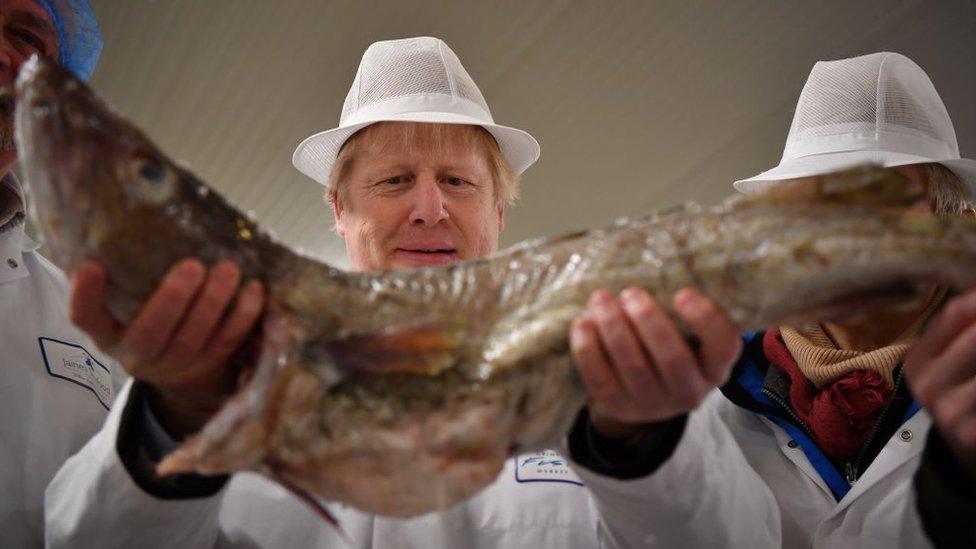EU leaders weigh up hard choices over Brexit trade deal
- Published
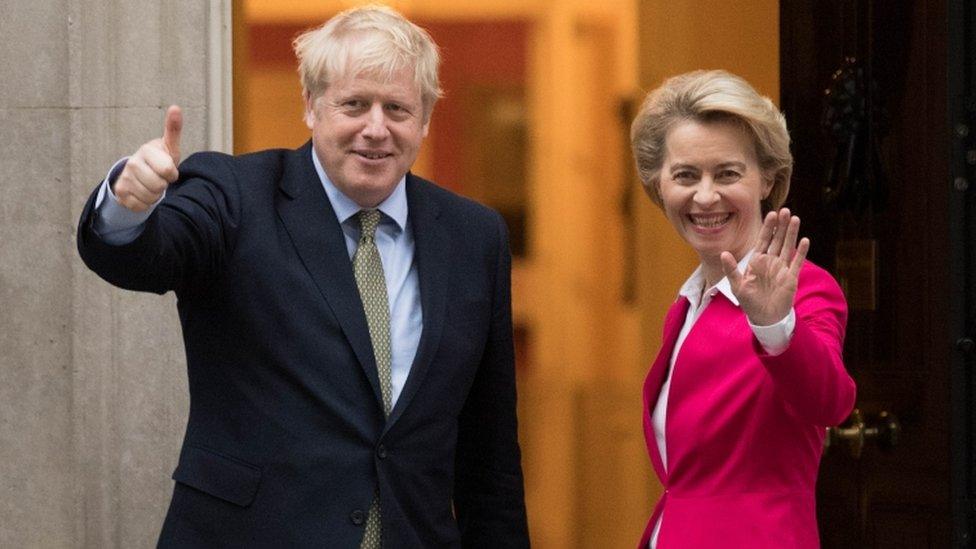
Both sides have been calling on the other to compromise on key issues
The threat was implicit.
On the eve of their two-day summit in Brussels, the prime minister reminded EU leaders of his words back in early September.
A trade deal had to have been agreed between the two sides by 15 October for it to be in force by the end of the year, he'd said.
If not, he added: "I do not see that there will be a free trade agreement between us, and we should both accept that and move on."
In other words - end negotiations and walk away.
Yet, Boris Johnson moved the goalpost himself on Wednesday evening.
In a call with the European Commission president and the European Council president he said he would wait for EU leaders to finish their summit discussions on Friday before deciding the UK's next steps.
EU diplomats I spoke to were unimpressed.
"Boris Johnson swore before he'd die in a ditch. He's set deadlines again and again and they have come and gone," a seasoned EU figure told me.
But Brussels is far from sanguine about the prospect of failing to agree a UK deal.
Leaders like the Netherlands Prime Minister Mark Rutte have said the Covid-19 pandemic makes it all the more important to have an agreement. The economic fallout of no-deal come the end of the year would provoke additional political and economic headaches EU politicians would far prefer to avoid. They assume Boris Johnson feels the same way.
Yet EU leaders are not yet all on the same page when it comes to how much they should give up or give in to get a deal.
Brussels keeps calling on the UK to make concessions but a successful outcome will require compromises on both sides.
And that is the real significance of this week's summit.
It's not all about Brexit.
EU leaders plan to discuss Covid-19, the environment and EU-Africa relations as well. But this is very likely the last time they'll be face to face before negotiations with the UK end. It's also the first time in a long time that EU leaders hold a detailed discussion on Brexit. For much of this year the Covid-19 pandemic has sucked the political oxygen across Europe.
So, how much is a deal worth to them?
Will France's Emmanuel Macron relinquish his hard-line position about keeping current fishing quotas in UK waters? He'll have to, to get a UK deal.
Will Germany's Angela Merkel give way on some demands on competition regulations (aka the level playing field) yet still grant the UK zero tariff, zero quota access to the single market?
EU leaders must agree all this amongst themselves and it won't be straightforward. A trade agreement with the UK impacts the bloc's global reputation, EU businesses (especially those in countries with high trade volumes with the UK, like Germany and the Netherlands) and political fortunes.
Angela Merkel is thinking of her legacy as she prepares to step down as chancellor next year. She wants to maintain close ties with the UK for geopolitical as well as economic reasons. She also keen to avoid any major internal EU disagreements over the deal.
Emmanuel Macron meanwhile, is looking over his shoulder at his arch political rival, the Eurosceptic nationalist Marine Le Pen. He hopes to demonstrate in negotiations with the UK that leaving the EU is fraught with difficulty. He also wants to be seen fighting for French interests - hence the hard line on fish. And on competition regulations. Mr Macron and other EU leaders don't want to grant the UK advantageous access to their single market if the UK is then free to undercut European businesses by slashing regulations and/or boosting UK enterprises with government subsidies that Brussels doesn't allow its members.
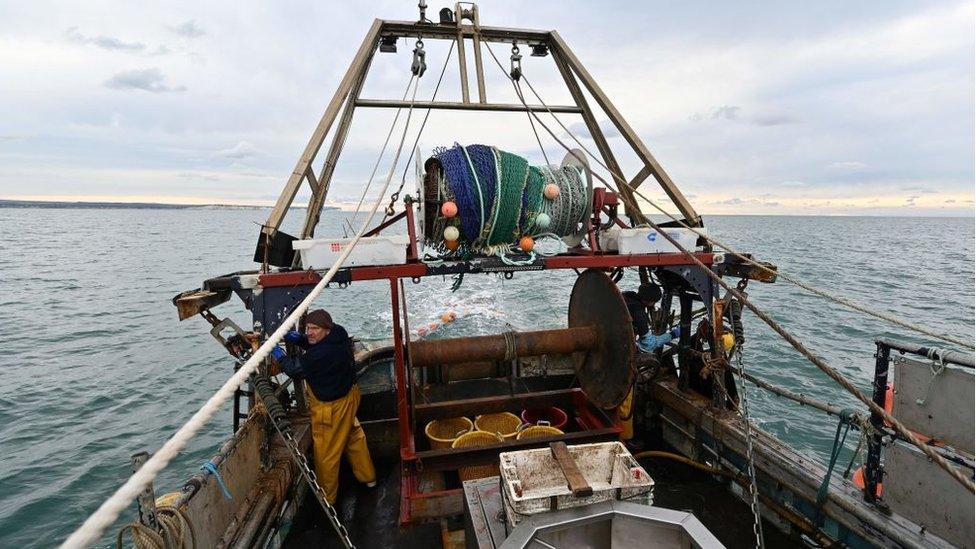
Fishing is a major sticking point in negotiations between the UK and the EU
So how much will the EU curb its desire to keep the UK attached to its competition rules and standards in order to reach a deal? The UK says it's left the bloc, is now a sovereign nation and must be recognised by Brussels as such.
EU diplomats suggest it would help them ease up on their level-playing-field demands if the UK signed up to a dispute mechanism with teeth - meaning if either side breached the terms of their trade deal, then swift and hefty legal action could be taken.
One diplomat close to the negotiations rather patronisingly described this potential EU compromise position by comparing the UK to a toddler that doesn't want to eat its vegetables. He said the EU was now looking for alternative arrangements to get the UK to sign up to a deal. He described it as mixing things up to hide the vegetables from the toddler.
Boris Johnson urges UK businesses to exploit Brexit
So will the UK sign up to a vegetable mush? To an aggressive dispute mechanism and to high-level common principles on state aid, for example, as well as a strong national regulator?
There are indications it might, but working out the technical details is "not to be underestimated" as a UK source put it.
British negotiators say they're frustrated that the EU has so far refused to start working on joint legal texts that can be sent backwards and forwards between the two sides as negotiations progress.
The most likely outcome from this week's EU summit as far as Brexit is concerned is that leaders will call for negotiations to step up in pace and intensity (if you think you've heard all this before, you are absolutely right).
France's Foreign Minister Jean-Yves Le Drian says EU-UK talks between now and mid-November will be decisive.
If the prime minister signs up to them.
- Published15 October 2020
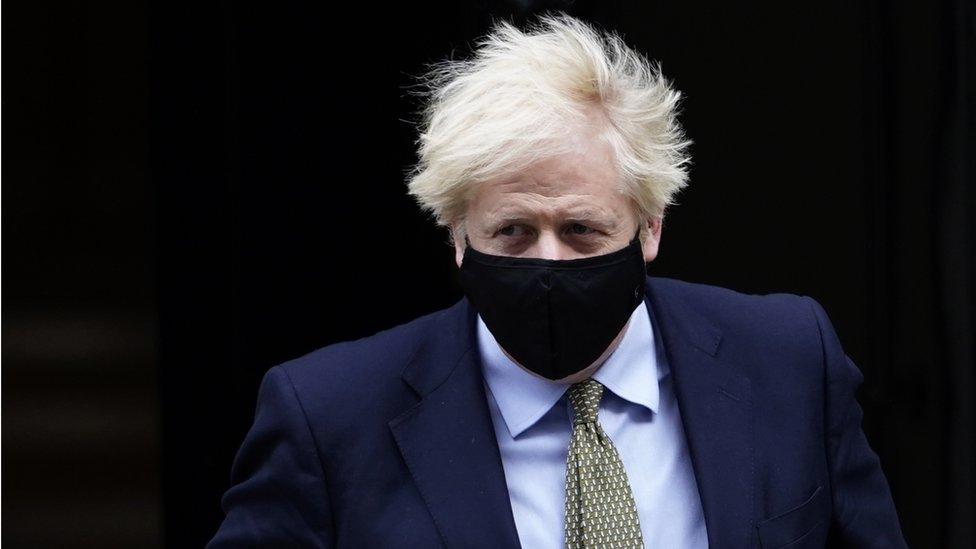
- Published14 October 2020
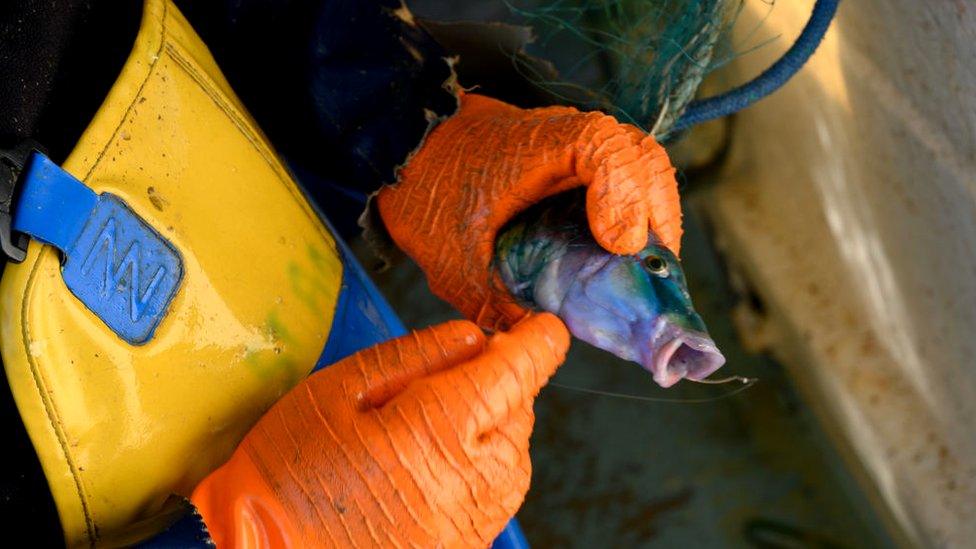
- Published13 October 2020
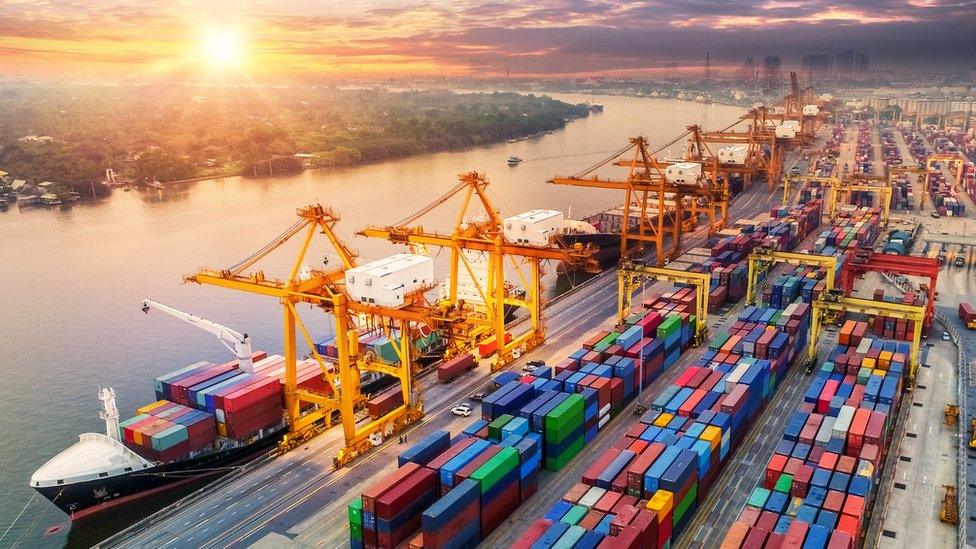
- Published2 October 2020
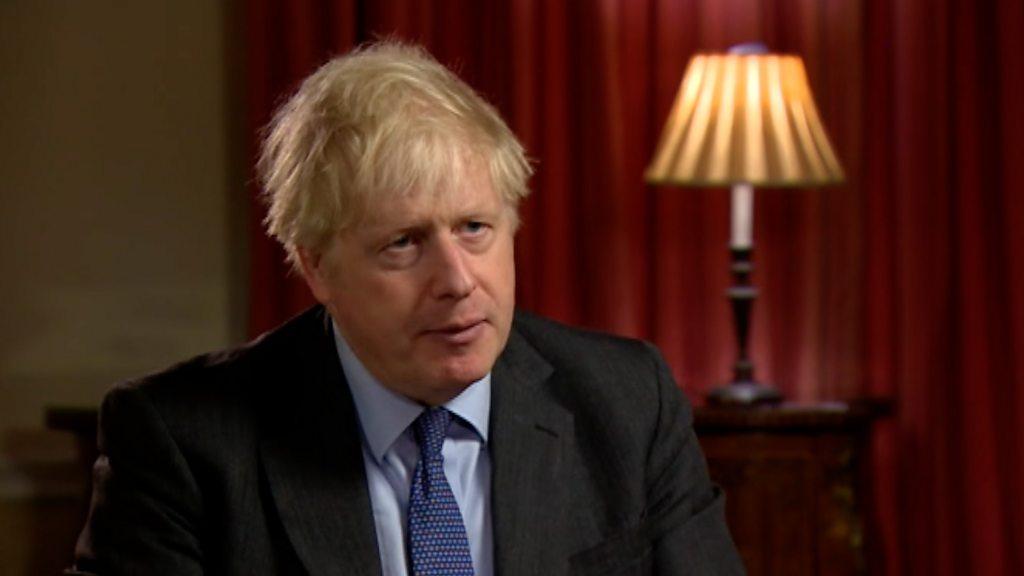
- Published30 December 2020

- Published26 January 2024
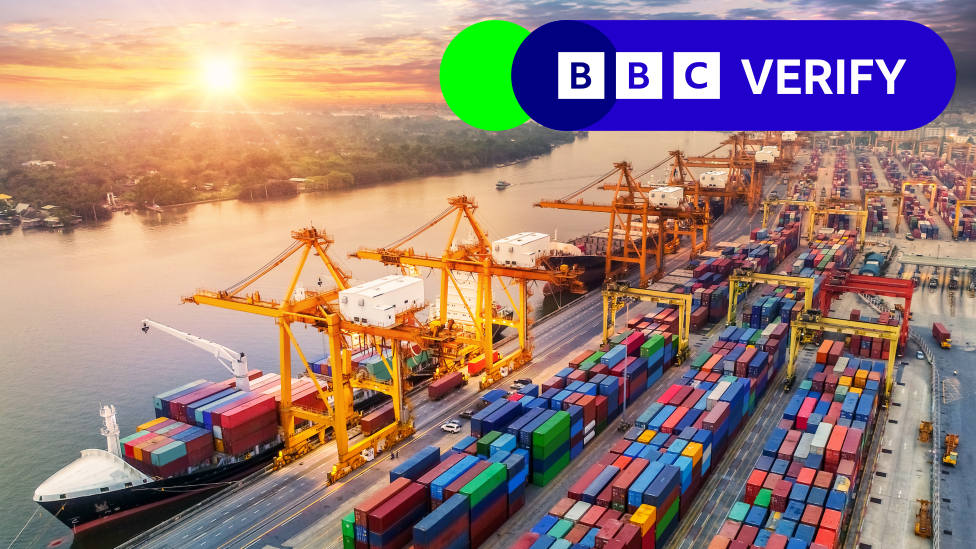
- Published18 December 2020
